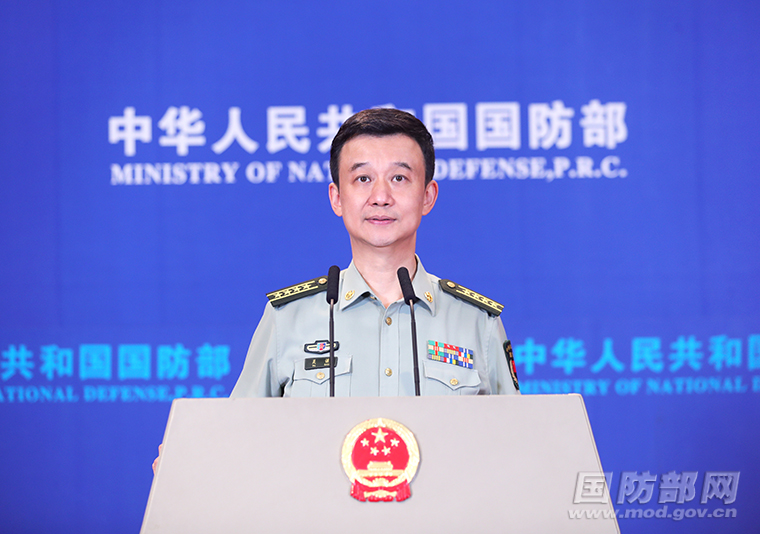By Kong Qingjiang , Zhai Yucheng
It seems that before the reunification of Taiwan with the Chinese mainland, the Taiwan question will remain a thorny issue. External forces have been found either managing it consistently and carefully in its relationship with China or sparing no effort to extort strategic interest out of the Taiwan question. Most countries belong to the former, while the United States and a few other countries are the latter.
The U.S. is found to appease China in ambiguous words like "one-China Policy" most of the time, but it is always ready to provoke China with the Taiwan question. As a matter of fact, quite a number of politicians and their cronies make a living by playing the "Taiwan card" either in the form of making a name for themselves and mobilizing political support or reaping tangible benefits from offering military sales or providing political lobbying services to the Taiwan authority.
U.S. House Speaker Nancy Pelosi also wants to play this game. It is clear that she has no urgent agenda to discuss with the Taiwan authority at this time, let alone the behavior itself is in violation of U.S.'s "one-China policy."
Although doubts and controversies about her trip kept spreading, she achieved her intended goal: Public opinion has risen, and the provocative effect has already been seen. She will be hailed as a hero in the eyes of her fanatic supporters; if she backs out of the visit, she can claim that she did so to behave responsibly in the eyes of the reasonable international community who wish to see a stable situation.

Wu Qian, a spokesperson for the Ministry of National Defense, at a regular press conference, July 28, 2022. [Photo/ Chinese Ministry of National Defense]
As a veteran politician in Washington, Pelosi fully understands the complexity and sensitivity of the Taiwan question. Amid the huge tensions between the U.S. and China, she insisted on igniting the issue with a Taiwan visit despite major political and security risks. Her move is apparently neither out of concern nor out of love for Taiwan, but out of a calculated agenda for reaping political benefits with a blatant provocation of the Chinese mainland.
The Chinese Ministry of National Defense has issued a warning that if Pelosi goes her own way, the Chinese People's Liberation Army (PLA) "will not sit idly by." Whether China and the U.S. will run into a skirmish has attracted much attention. However, the authors believe military conflict is the last thing that both sides would ever wish to see. The more profound reason is, as the U.S. strategic community is well aware of, that it is in the best interest of the U.S. to maintain peace and stability with China.
The real danger is that some anti-China politicians in the U.S. are no longer satisfied with using Taiwan to politically harass the Chinese mainland. They emotionally, recklessly, and impatiently want to use the Taiwan question to weaken and contain China, even at the risk of igniting a war.
However, playing the "Taiwan card" is not a panacea for the U.S. to divert its people's attention from its internal affairs. Recession in GDP, high inflation rate, gun violence, and a divided society...all these are severe problems that the U.S. must address. Therefore, when a country is "burning" internally, it would be ill-advised to provoke others as "those who play with fire will perish by it."
Kong Qingjiang is the dean of the School of International Law at the China University of Political Science and Law. Zhai Yucheng is an ajunct senior research fellow of the Academy of International Rule of Law at China University of Political Science and Law.

 中文
中文



